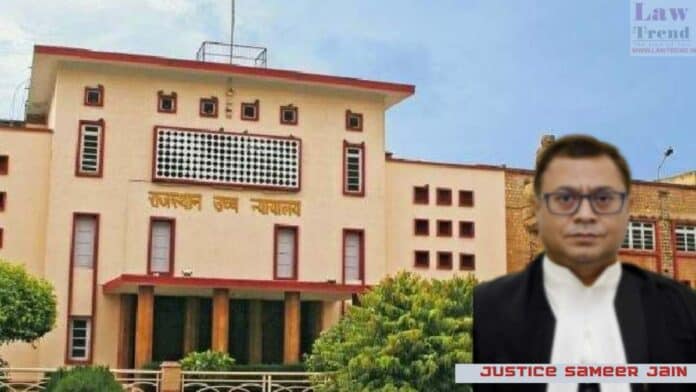In a significant judgment, the Rajasthan High Court ruled that collecting voice samples from an accused without their consent does not violate constitutional protections, including the right to privacy and the right against self-incrimination under Article 20(3) of the Indian Constitution. The decision, delivered by Justice Sameer Jain, was issued in the case of Badri
To Read More Please Subscribe to VIP Membership for Unlimited Access to All the Articles, Download Available Copies of Judgments/Order, Acess to Central/State Bare Acts, Advertisement Free Content, Access to More than 4000 Legal Drafts( Readymade Editable Formats of Suits, Petitions, Writs, Legal Notices, Divorce Petitions, 138 Notices, Bail Applications etc.) in Hindi and English.




